Author: Will Lovell
Purportedly dating back over 700 years, Saaz is a classic noble hop originating from Žatec, Czech Republic that’s most recognizable as the variety of choice for pale lagers from that region. Known to impart beer with earthy, floral, and spicy characteristics, Saaz also has the ability to contribute pleasant notes of citrus.
Alpha: 2.5 – 4.5%
Beta: 4 – 6%
Cohumulone: 23 – 28%
Total Oil: 0.4 – 0.8 mL/100g
Myrcene: 25 – 40%
Humulene: 15 – 30%
Caryophyllene: 6 – 9%
Farnesene: 14 – 22%
Linalool: 0.4 – 0.6%
Geranaiol: 0.1 – 0.4%
ß-Pinene: 0.1 – 0.5%
Total Polyphenoles: 5.5
Parentage: landrace from Czech Republic
Being one of my all-time favorite hops, I’ve used Saaz many times over the years, often on its own when making classic Bohemian Pilsner. While I feel like I have a good understanding of this classic variety, I was curious what tasters would think of a simple pale lager made solely with it and decided to give it The Hop Chronicles treatment.
| MAKING THE BEER |
I went with our standard Hop Chronicles pale lager recipe for this batch, making minor adjustments to the kettle hop additions to ensure a proper level of bitterness.
Saaz Pale Lager
Recipe Details
| Batch Size | Boil Time | IBU | SRM | Est. OG | Est. FG | ABV |
|---|---|---|---|---|---|---|
| 5.5 gal | 60 min | 20.7 | 3.3 SRM | 1.041 | 1.007 | 4.46 % |
| Actuals | 1.041 | 1.007 | 4.46 % | |||
Fermentables
| Name | Amount | % |
|---|---|---|
| Llano Pilsner | 10 lbs | 100 |
Hops
| Name | Amount | Time | Use | Form | Alpha % |
|---|---|---|---|---|---|
| Saaz | 36 g | 60 min | Boil | Pellet | 3.5 |
| Saaz | 10 g | 30 min | Boil | Pellet | 3.5 |
| Saaz | 10 g | 5 min | Boil | Pellet | 3.5 |
Yeast
| Name | Lab | Attenuation | Temperature |
|---|---|---|---|
| Global (L13) | Imperial Yeast | 77% | 32°F - 32°F |
Notes
| Water Profile Ca 53 | Mg 0| Na 0 | SO4 58 | Cl 50 |
Download
| Download this recipe's BeerXML file |
The night prior to brewing, I collected the full volume of RO water, which I adjusted to my desired profile before weighing out and milling the TexMalt Llano Pilsner malt.
When the water was properly heated the next morning, I incorporated the grains and checked that it was at my target 154°F/68°C mash temperature before preparing the kettle hop additions.
Once the 60 minute mash was complete, I removed the grains and proceeded to boil for 60 minutes, adding hops at the times stated in the recipe.
When the boil was complete, I quickly chilled the wort then transferred it to a sanitized Kegmenter.
A refractometer reading showed the wort was slightly lower than my target OG, but nothing I was concerned about.
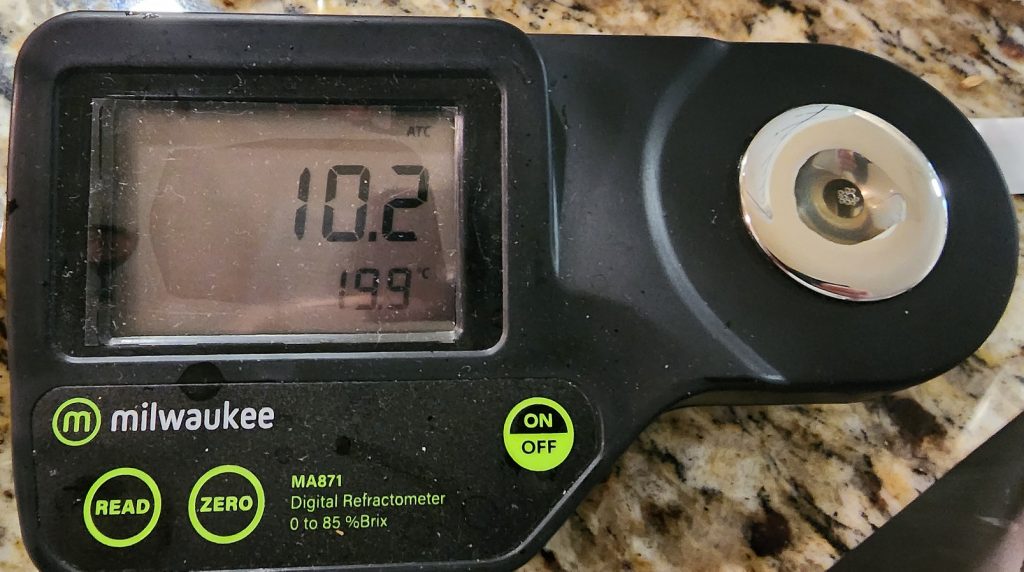
After transferring the wort to a sanitized fermented, I direct pitched a single pouch of Imperial Yeast L13 Global.
The beer was left to ferment at 64°F/17°C for a week before I took a hydrometer measurement confirming FG was reached.
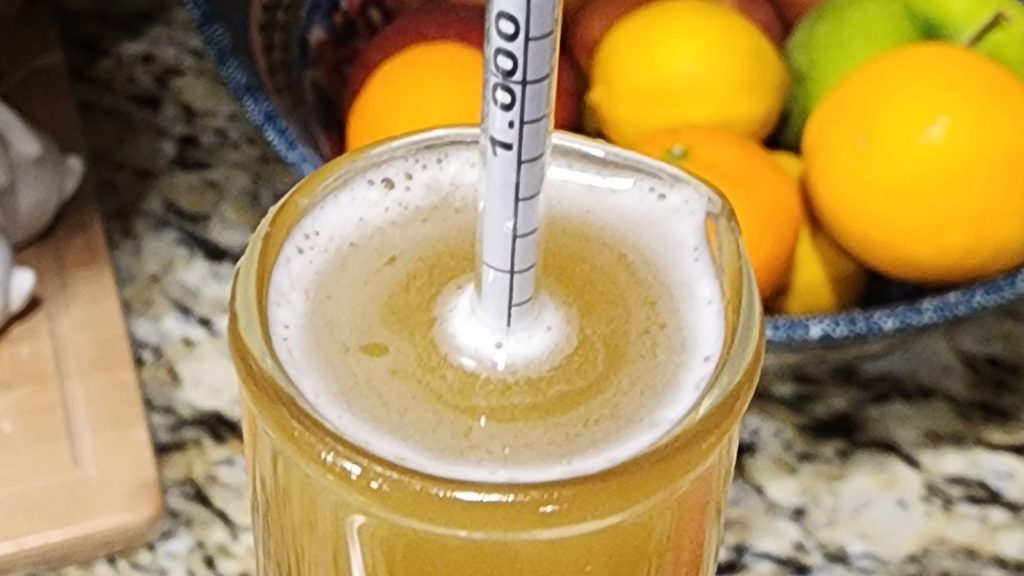
With fermentation complete, I cold crashed the beer then pressure-transferred it to a CO2 purged keg, which was placed in my kegerator and burst carbonated overnight before the gas was reduced to serving pressure. After a couple weeks of conditioning, it was ready to serve to blind tasters.
| METHOD |
Participants were instructed to focus only on the aromatic qualities of the beer before evaluating the flavor. For each aroma and flavor descriptor, tasters were asked to write-in the perceived strength of that particular characteristic on a 0-9 scale where a rating of 0 meant they did not perceive the character at all and a 9 rating meant the character was extremely strong. Once the data was collected, the average rating of each aroma and flavor descriptor was compiled and analyzed.
| RESULTS |
A total of 23 people participated in the evaluation of this beer, all blind to the hop variety used until after they completed the survey. The average aroma and flavor ratings for each descriptor were plotted on a radar graph.
Average Ratings of Aroma and Flavor Perceptions
The 3 characteristics endorsed as being most prominent by participants:
| Aroma | Flavor |
| Citrus | Citrus |
| Tropical Fruit | Apple/Pear |
| Stone Fruit | Tropical Fruit |
The 3 characteristics endorsed as being least prominent by participants:
| Aroma | Flavor |
| Onion/Garlic | Onion/Garlic |
| Dank/Catty | Dank/Catty |
| Berry + Pine (tie) | Berry |
Next, participants were asked to rate the pungency/strength of the hop.
Tasters were then instructed to identify beer styles they thought the hop would work well in.
Finally, participants were asked to rate how much they enjoyed the hop character on a 1 to 10 scale.
My Impressions: I felt this beer possessed everything I expect from a single-hop Saaz pale lager– classic noble hop character with a touch of citrus. I absolutely loved this beer!
| CONCLUSION |
Despite the modern push toward hyper fruity hops, certain classic varieties have proven to have staying power, and Saaz certainly tops this list. As the featured hop in Czech Premium Pale Lager, also known as Bohemian Pilsner, many drinkers are likely familiar with its pleasantly mild characteristics without even knowing it.
The most prominent aroma and flavor characteristics noted by people who evaluated a pale lager made solely with Saaz were citrus, tropical fruit, and apple/pear, while onion/garlic, dank/catty, and berry were the least endorsed characteristics. Interestingly, this goes against the widely accepted view of Saaz as imparting spicy and earthy notes to beer, which one might have expected to be more present given the moderate hopping rate.
As someone who has used Saaz extensively in my brewing, I felt this beer was a good representation of what it contributes, including a touch of citrus. While I didn’t perceive this beer as having any tropical fruit notes, it makes sense to me that that subtle combination of citrus, floral, and earthy might confuse drinkers who were unaware of the variety used. Regardless, this experience only confirmed my love of Saaz, which I will be using a ton in the future.
Saaz hops are available at Yakima Valley Hops, get some while you can! If you have any thoughts on this variety, please feel free to share them in the comments section below.
Support Brülosophy In Style!
All designs are available in various colors and sizes on Amazon!
Follow Brülosophy on:
FACEBOOK | TWITTER | INSTAGRAM
If you enjoy this stuff and feel compelled to support Brulosophy.com, please check out the Support page for details on how you can very easily do so. Thanks!



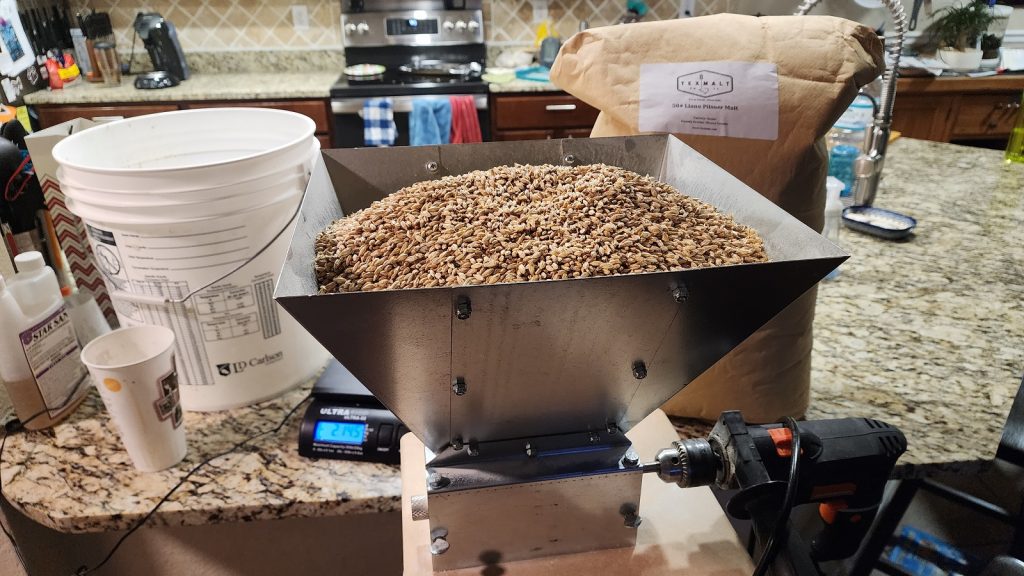
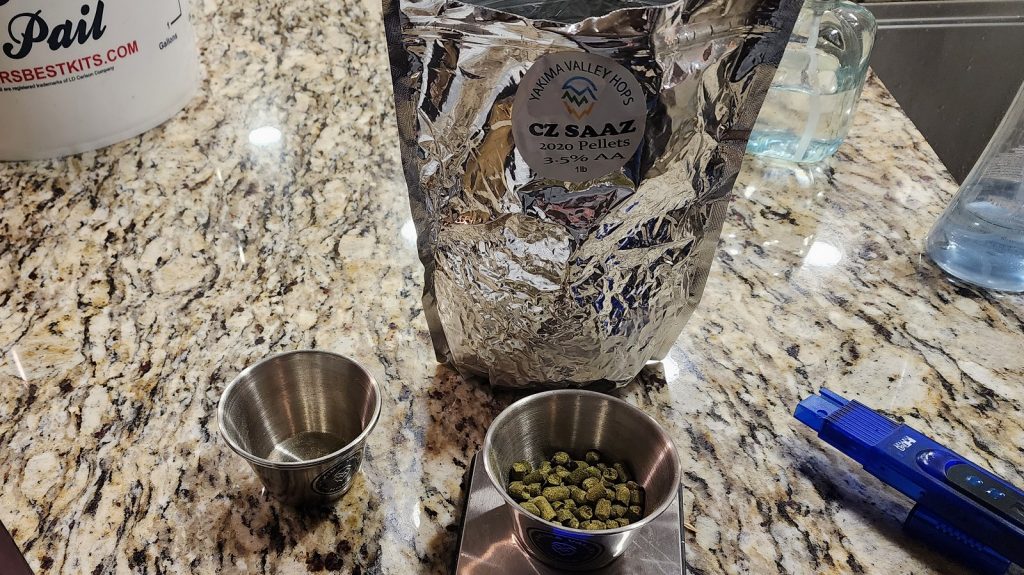
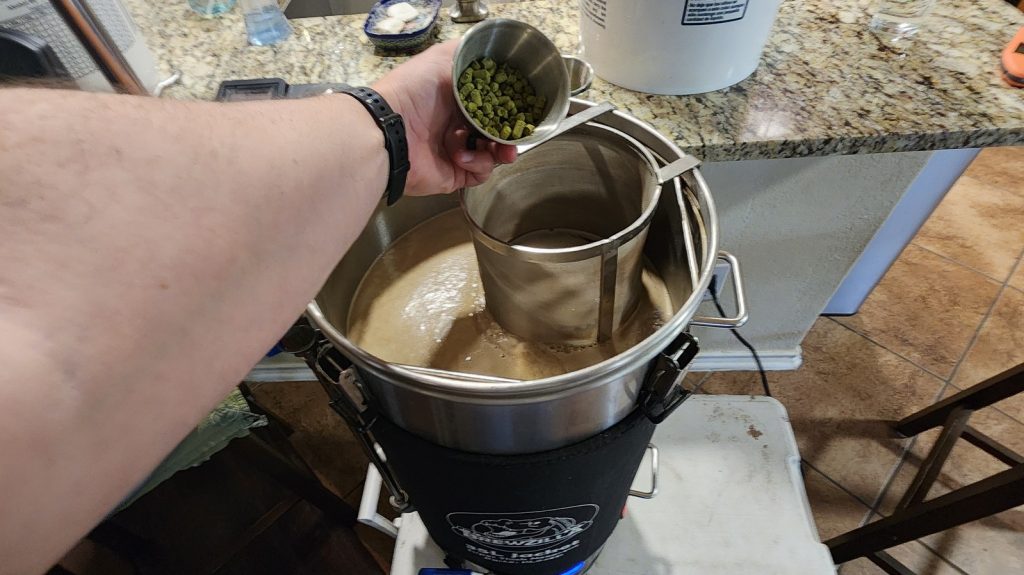
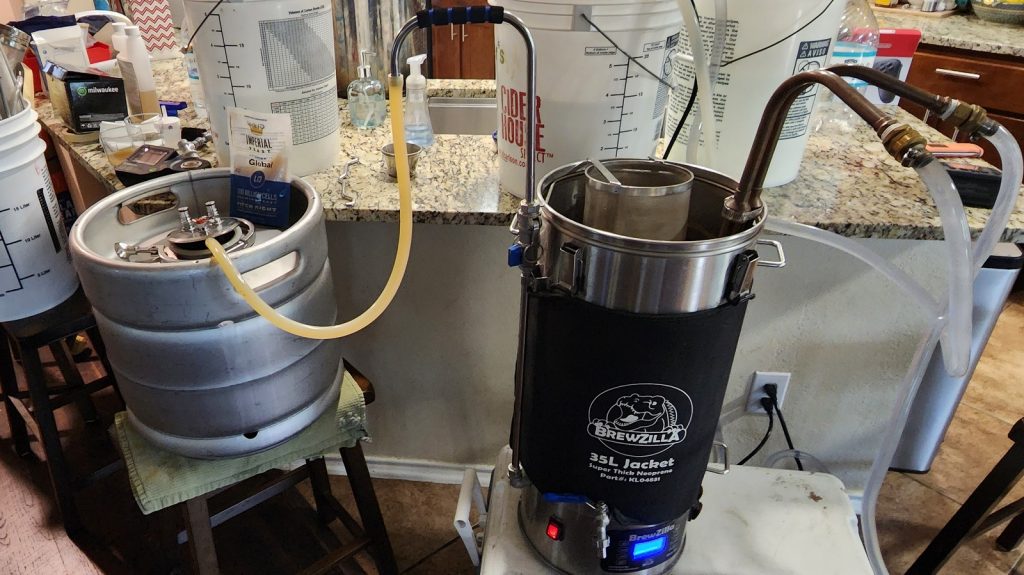
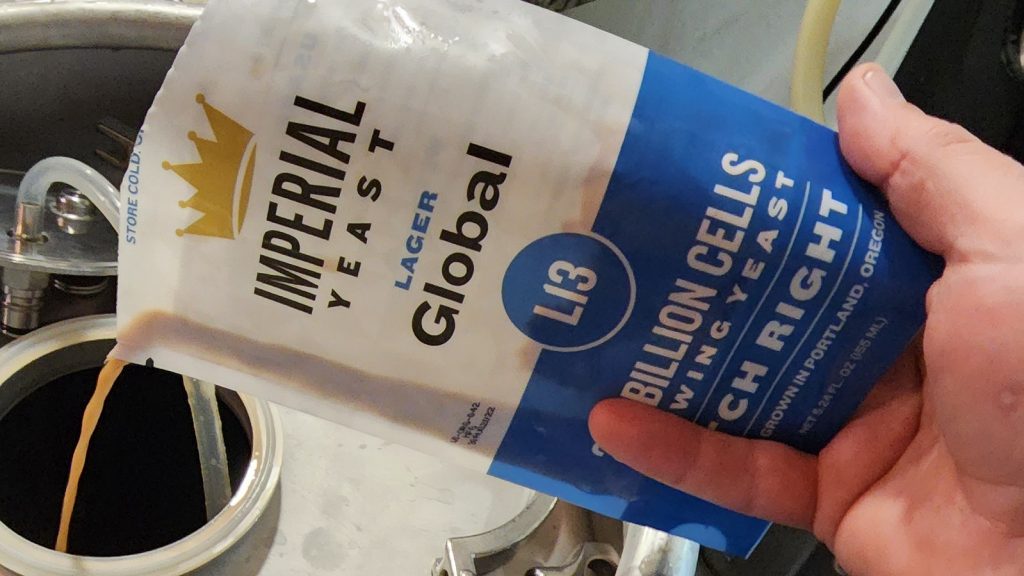
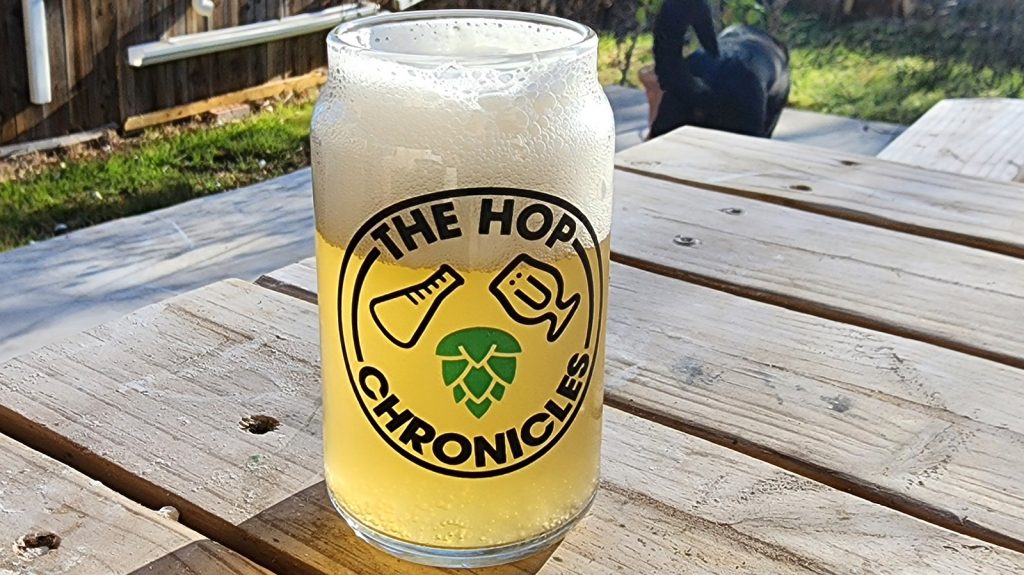

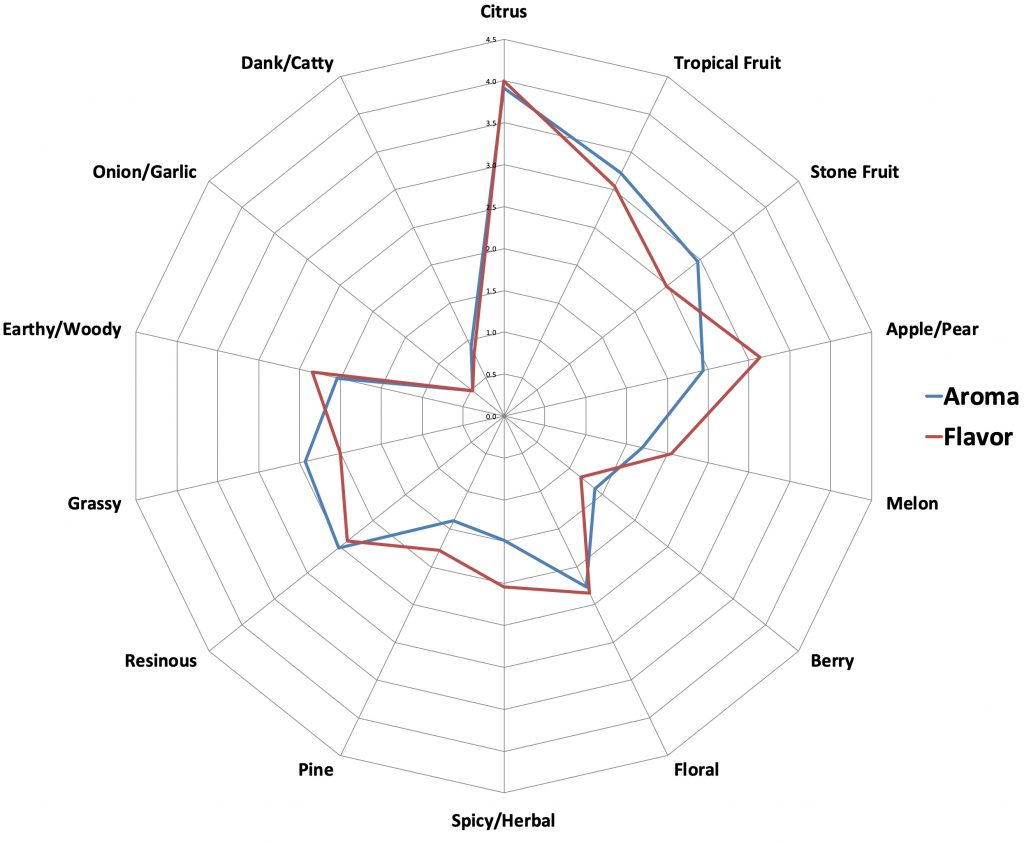
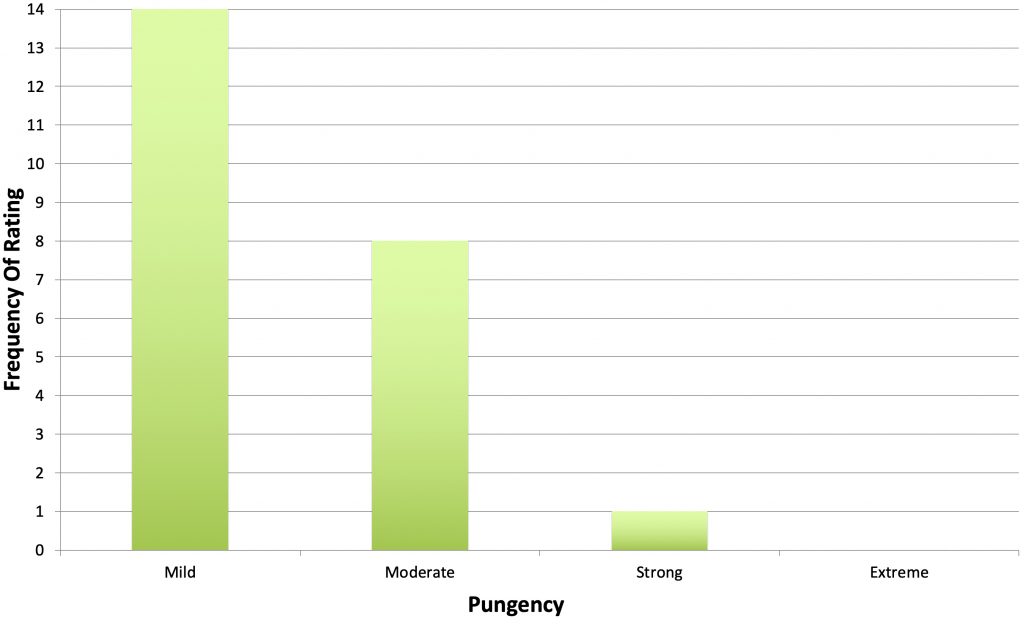
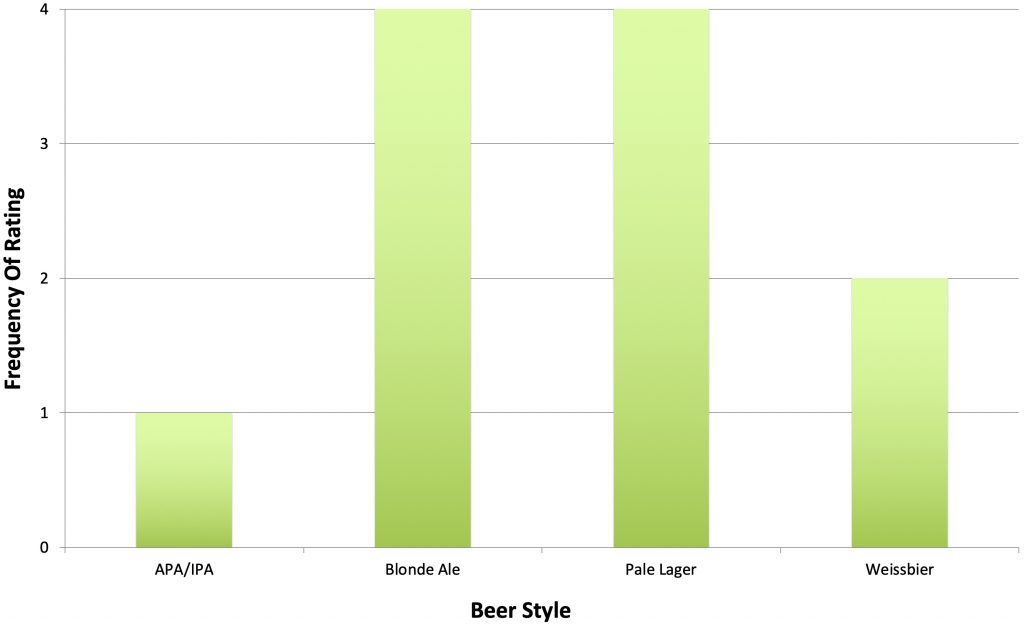
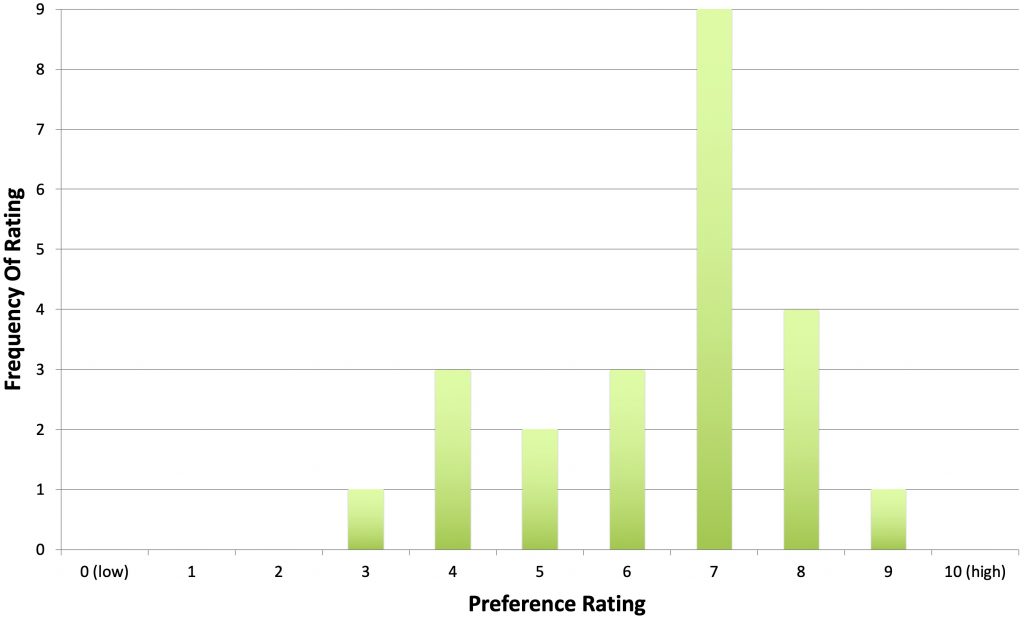











6 thoughts on “The Hop Chronicles | Saaz (2020) Pale Lager”
It strikes me odd that citrus and tropical fruit are at the most common descriptors and that spicy is nearly the lowest. Complete contradiction of my experience.
Perhaps Brulosophy might consider a new means of collecting descriptors from tasters. As is, just about everything is more or less described the same [Citrus and Tropical Fruit] and that is just not the case which means the experiment leaves the reader with less than useful info.
I think this is more of a contribution of blind tasting and confirmation bias. My hypothesis is that folks expect hops to taste like tropical fruit nowadays, so that’s what they taste. I also hypothesize that if this HC was repeated with the same beer and folks were told it was Saaz, the descriptor profile would be drastically different.
I seem to recall Brulosophy has done one or two tests on the nature of psychological things like blind tasting and confirmation bias, but I’d love to see more. Hop characteristics might be a good area to consider.
Interested in why you masher at 154 for a lager. It still seems to dry out at 1.007 which is nice for a lager, but I typically mash at 151 for dry beers. Thanks for any feedback.
Interesting to see this version compared to the 2015 HC with Saaz. How would you compare this to that?
The 2015 version seems more appealing to me.
https://brulosophy.com/2016/08/04/the-hop-chronicles-czech-saaz/
The 2015 version was in a more highly hopped Pale Ale, so while the variety was the same, albeit from different crop years, one would expect the hopping rate to have a perceptible impact as well. This is precisely why we started doing pale lager versions of THC beers!